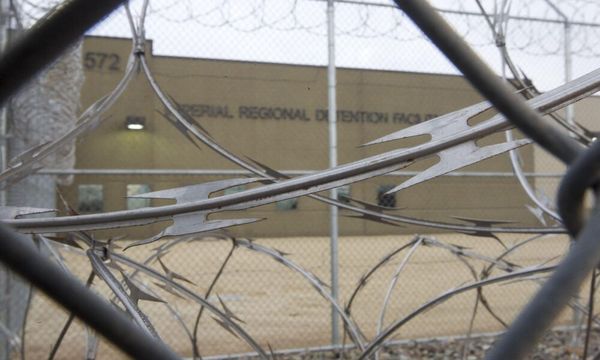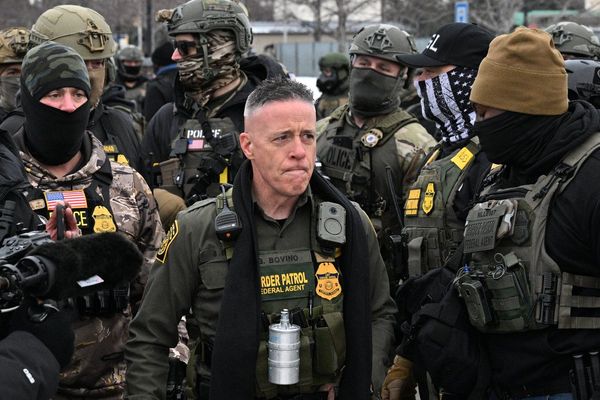
The first female poet laureate, Carol Ann Duffy has been publishing poems since the age of 16, winning critical acclaim and commercial success with the deft touch and emotional depth of her work Photograph: Murdo Macleod/Guardian
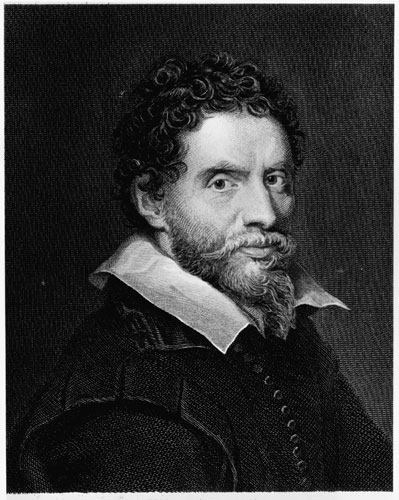
There is no definite consensus on the point at which the laureateship became an official position, but many hold Jonson to have been the first laureate, after the role (along with a pension of 100 marks a year) was conferred on him by James I. Jonson, a contemporary of Shakespeare, is perhaps best known for his plays (The Alchemist and Volpone in particular); he was, however, a lyric poet of force and grace, and his poem on the death at seven of his eldest child, 'On My First Sonne', remains one of the most poignant expressions of grief in the language Photograph: Hulton Archive/Getty
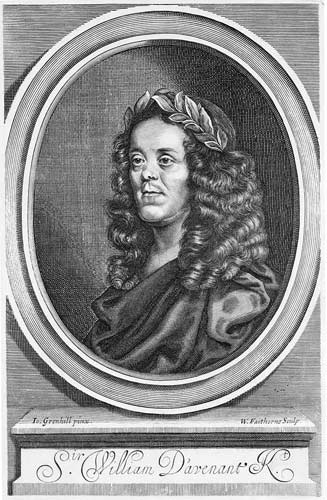
Davenant was named poet laureate following Jonson's death in 1637. A prolific playwright, he first turned to writing in 1629, when he found himself without employment. An active supporter of Charles I, he was captured by a parliamentary man-of-war en route for Virginia and wrote the chivalric epic Gondibert while imprisoned on charges of high treason. A version of The Tempest he wrote in collaboration with John Dryden was first performed just a year before his death, probably from syphilis, in 1668. He is buried in Poets' Corner in Westminster Abbey Photograph: Public Domain
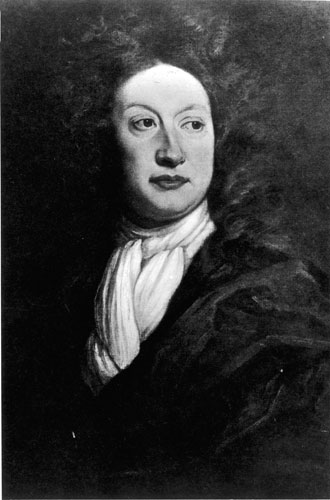
The foremost poet of his age, Dryden's reliance on the heroic couplet is credited with having established its primacy in English poetry. He was invited to take up the laureateship on the strength of his 1667 poem, Annus Mirabilis, an historic epic describing the events of London's 'year of miracles', 1666 - including the Great Fire of London. Dryden's tenure as laureate was both productive and lucrative; however, when James II was deposed in 1688, he refused to pledge allegiance to the new government and fell out of favour. He was succeeded by his rival, Thomas Shadwell, (the subject of Dryden's earlier mock-heroic satire, MacFlecknoe) Photograph: Hulton Archive/Getty Images
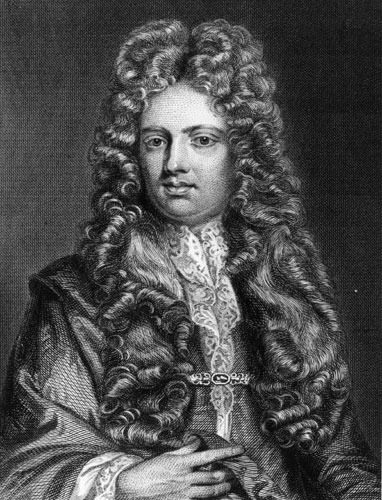
The author of 18 plays, Shadwell is nevertheless best remembered for his feud with Dryden. The two were friends until the crisis provoked by the Popish plot of 1678; Dryden came down on the Catholic side, while Shadwell sided with the Protestants, writing antipapist play The Lancashire Witches. He went on to attack Dryden in The Medal of John Bayes; Dryden hit back in MacFlecknoe. Shadwell did, however, find enough time to supply future laureates with a lasting legacy, instituting the New Year and birthday odes that became an integral part of the poet laureate's responsibilities Photograph: Hulton Archive/Getty Images
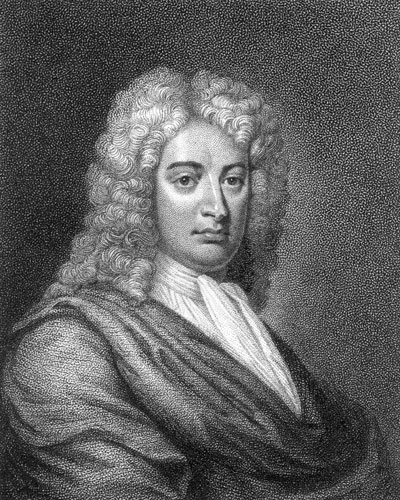
Another laureate whose professional life was closely bound to Shakespeare, Rowe was the Bard's first biographer as well as his first editor in the modern sense, producing an edition of his works from the 1685 folio, in an attempt to 'redeem [Shakespeare] from the injuries of former impressions'. Like most of his predecessors he was better known as a dramatist than a lyricist, with his first play opening in 1700. Best-known as a poet for his versions of Lucan and Horace, he also translated Jean de La Bruyère and Claude Quillet Photograph: Archive Photos/Getty Images
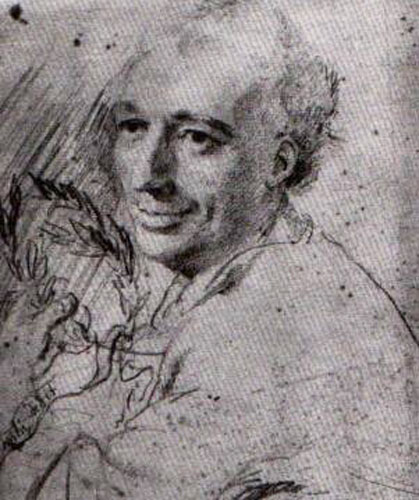
At 30, Eusden was the youngest poet laureate at his appointment, and held the post for another 12 years. He was ordained in 1720 and is chiefly known for his appearance in Pope's Dunciad, where he is described as thirsting 'no more for sack or praise;/ He sleeps among the dull of ancient days' Photograph: Public Domain
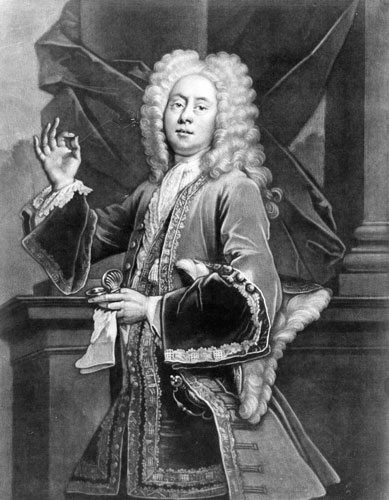
The appointment of the actor-manager Cibber - pictured as Lord Toppington in Vanbrugh's The Relapse - as poet laureate was greeted with incredulity in an age which boasted the talents of Alexander Pope, Edward Young and John Gay. Jonathan Swift, James Thomson and Henry Fielding all attacked him in print, but his most dogged pursuer was Pope, who crowned him King of the Dunces in his final version of the poem, published in 1743. His chatty and colourful autobiography, An Apology for the Life of Colley Cibber, was mocked by his contemporaries, but has served as a template for personal reminiscence ever since Photograph: Hulton Archive/Getty Images
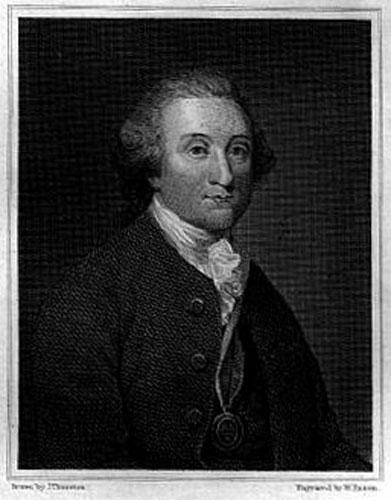
Appointed after the pre-eminent poet of the age, Thomas Gray, refused the post, Whitehead went on to defend his colleagues in a comic poem, 'A Pathetic Apology for All Laureates, Past, Present, And To Come'. A moderately successful playwright, his poetry was judged to be far superior to that of his immediate predecessors, but he was widely ridiculed for his odes, particularly by Charles Churchill, who quipped 'Dullness and method still are one,/ and Whitehead is their darling son' Photograph: Michael Nicholson/Corbis
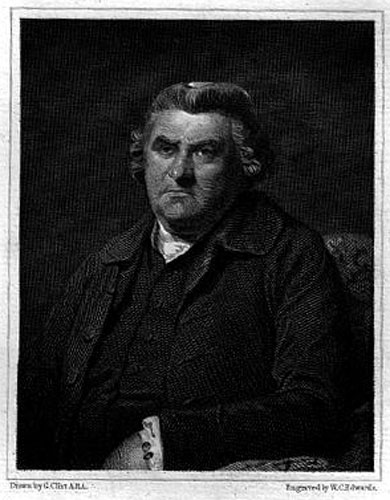
Warton, a jovial Oxford don who was fond of his tipple and noted for his literary scholarship more than his poetry, was named to the post at the age of 57. Described by Samuel Johnson as “a little, thick, squat, red-faced man…in a very odd dress” who “gobbled like a turkey” when speaking, he is particularly remembered for his three-volume History of English Poetry, written between 1774 and 1781 Photograph: Michael Nicholson/Corbis
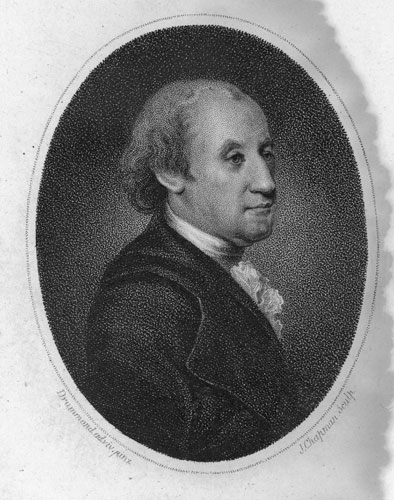
William Cowper wasn't keen on taking on the laureateship, saying it would be 'a leaden extinguisher, clapped on all the fire of my genius, and I should never more produce a line worth reading'. So the duty fell to Henry Pye, possibly for his support of William Pitt the Younger. Pye's appointment was a subject of ridicule, however, and he is regarded as possibly England's worst poet laureate (his successor, Southey, was to castigate himself for 'rhyming as doggedly and dully as if my name had been Henry James Pye'). His works include Alfred: An Epic, and volumes of poems and translations Photograph: Hulton Archive/Getty Images
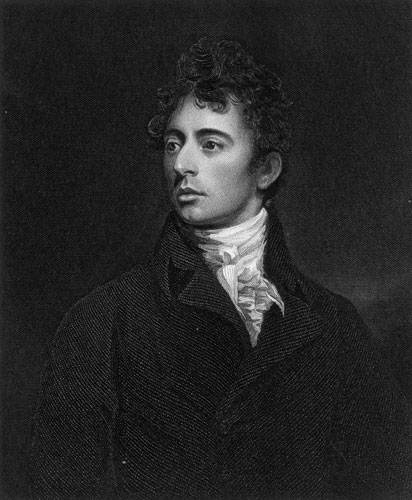
Southey was another second choice for the post, after Walter Scott refused it on the advice of the head of his clan, the Duke of Buccleuch, who told him that 'the poet laureate would stick to you and your productions like a piece of court plaster…Only think of being chaunted and recitatived by a parcel of hoarse and squeaking choristers on a birthday, for the edification of the bishops, pages, maids of honour, and gentleman-pensioners! Oh, horrible, thrice horrible!' Southey, who refused to live at court or to participate in many court functions in order to retain creative control, was one of the Lake school poets along with Coleridge and Wordsworth. He is known today for his epic poem Joan of Arc, and his ballads The Inchcape Rock and After Blenheim Photograph: Hulton Archive/Getty Images
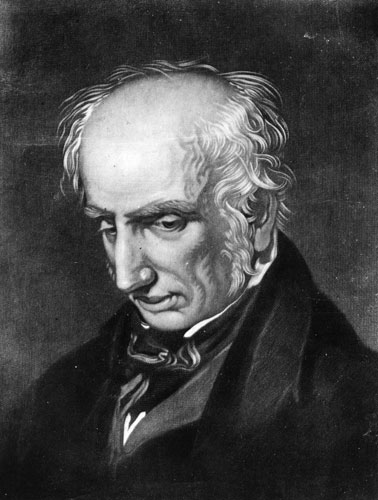
Wordsworth took the post aged 72 only after receiving assurance from the prime minister, Robert Peel, that he was under no obligation to produce any verse; in his seven years in the role he didn't pen a single official poem. He attended a royal levee after two years during which the painter Benjamin Haydon mocked him with the question: 'What would Hazlitt say now? The poet of the lakes and mountains in bag-wig, sword and ruffles!' His best work, including The Prelude, had all been written by the time he became laureate Photograph: Hulton Getty
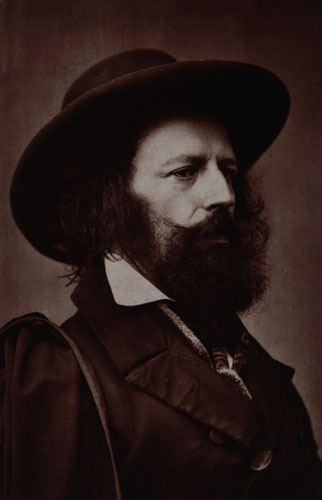
Arguably the greatest laureate of them all, Tennyson composed work for his post that lives on to this day: who can forget the rousing thunder of the 'cannon to right of them, cannon to left of them' of The Charge of the Light Brigade, which he dashed off in response to the battle at Balaclava? His appointment after the death of Wordsworth followed talk of abolishing the post, as well as the first suggestions of appointing a woman, notably Elizabeth Barrett Browning. He was an immensely popular laureate, holding the post for 33 years Photograph: Hulton-Deutsch Collection/Corbis
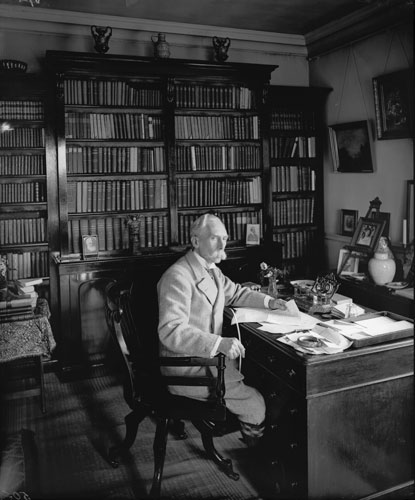
Appearing in Punch where he was mocked as 'Alfred the Little' (succeeding Tennyson, Alfred the Great), Austin is another candidate for worst poet laureate. The role lay vacant for four years after Tennyson's death, and he was appointed over Kipling and Swinburne, largely, it was said at the time, for his Conservative leanings – he was described by a journalist as 'the last minstrel of Toryism' - than his skill as a poet. He was much mocked for an ode on the Jameson Raid - "They went across the veldt, / As hard as they could pelt" - which praised what turned out to be military disaster. He was nonetheless rather grand, and it was said that when he received visitors at home, a servant would announce him as 'The Poet Laureate' Photograph: Reinhold Thiele/Getty Images
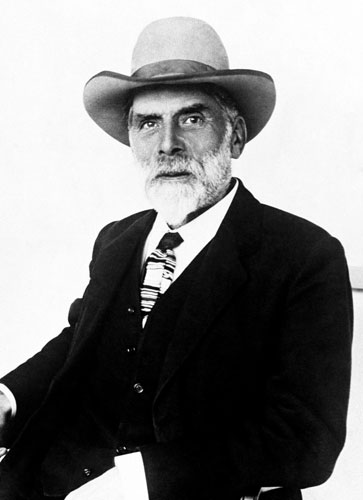
Bridges was a doctor – the only medical graduate to take the laureateship - until he retired and threw himself into writing, with his better known works including the narrative poem Eros and Psyche, The Testament of Beauty, and the verse drama Nero. He accepted the post, for which Kipling, long called the People's Laureate, and Hardy had both been passed over, on condition that 'there must be no damned nonsense of knighthoods or anything of that kind'. A friend of Gerard Manley Hopkins, he published Hopkins's collected poems after his death Photograph: PA Archive/PA Photos
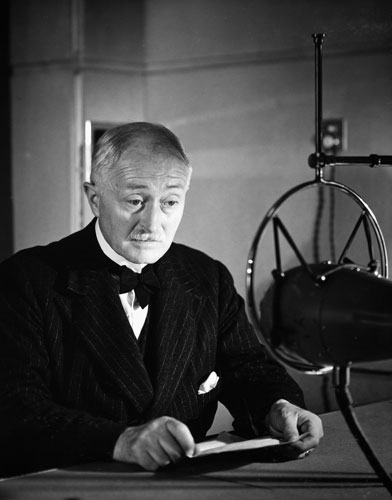
Masefield, pictured broadcasting on the BBC in 1935, was known as the 'poet of the sea'; he went to sea aged 13, and many of his poems reflect these experiences, including the well-known Cargoes and Sea-Fever. He is the second-longest serving poet laureate, next to Tennyson, and was awarded the Order of Merit for his contribution to literature in 1935 Photograph: BBC/Corbis

Day-Lewis - who was known in his youth as Red Cecil for the communist beliefs he later discarded - was laureate for just four years, until his death in 1972. He supplemented his income by writing crime novels under the pseudonym Nicholas Blake, featuring hero Nigel Strangeways, a six-foot blue-eyed Oxford graduate thought to be modeled on Day-Lewis's mentor, WH Auden. He had no duties as laureate other than heading up the committee which selected the Queen's gold medal for poetry. Day-Lewis's 1943 collection Word Over All is thought to be his finest collection, and he was also acclaimed for his long poem The Magnetic Mountain Photograph: David Newell Smith/Observer
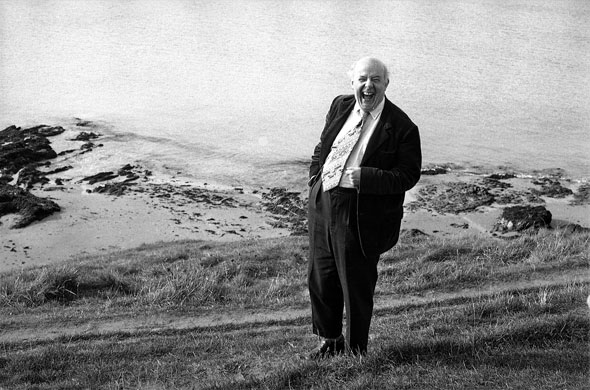
According to Andrew Motion, Betjeman hated being poet laureate, writing in a letter: 'Oh God, the Royal poem!! Send the H[oly] G[host] to help me over that fence. So far no sign: Watch and pray.' Betjeman was hugely loved by the public, cultivating the persona of a bumbling old duffer (he was described by the Times as the Teddy Bear of Britain), but was largely ignored or derided by the critics. He is still a much-loved poet today, for poems including the often-quoted 'Come friendly bombs and fall on Slough', and A Subaltern's Love Song Photograph: Jane Bown
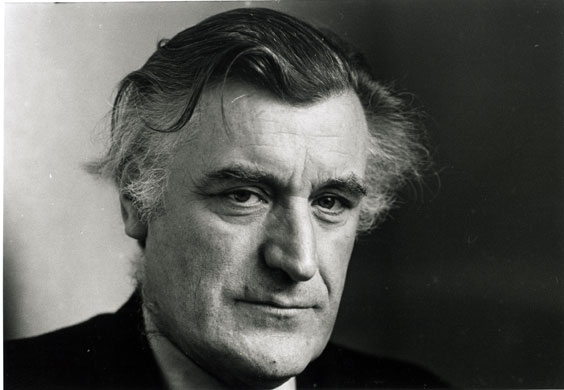
Hughes, photographed in 1987, was asked to be laureate after Philip Larkin made it clear he would refuse; he held the role for 15 years until his death from cancer. Known for his evocations of the natural world, particularly the Yorkshire of his youth and for his writing for children, Hughes made his entrance onto the poetry scene in 1957 with the prize-winning collection The Hawk in the Rain. Crow, his fourth collection, is perhaps his most famous, scarred by the tragedies of the death of his former wife Sylvia Plath, of the woman he left her for, and of his mother. He surprised the literary world with the publication of Birthday Letters shortly before he died, an unexpected poetic memoir of his marriage to Plath Photograph: Jane Bown
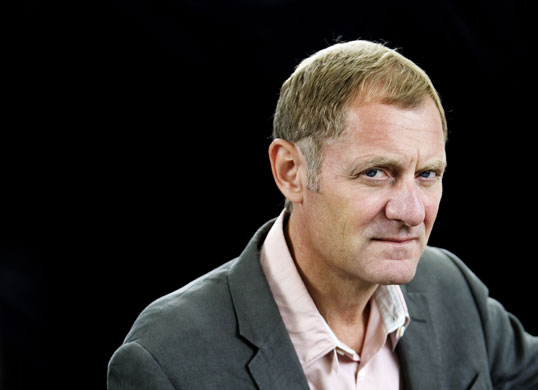
Motion, the first poet laureate to retire, said he wanted to be 'a kind of flag-waver, bunting hanger-up, drum-beater, you name it, for poetry', and he has used his time as laureate to campaign tirelessly about the importance of poetry, establishing an online poetry archive of poets reading their work. He has also written a series of poems on royal marriages and deaths - as well as the much-mocked rap for Prince William's 21st ('Better stand back/ Here's an age attack') - also covering the Paddington rail disaster and the TUC. Pictured here before speaking about his book In The Blood at the Edinburgh International Book Festival in 2006, Motion wrote recently in the Guardian that 'no other writing that I've undertaken, of any kind, has been so difficult' as that of the laureateship Photograph: Murdo Macleod

